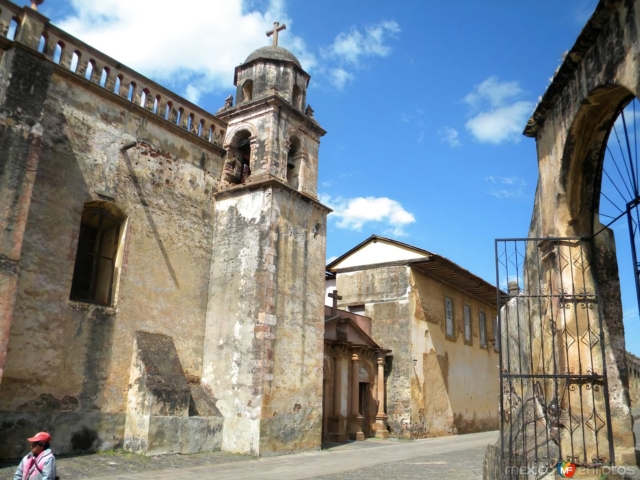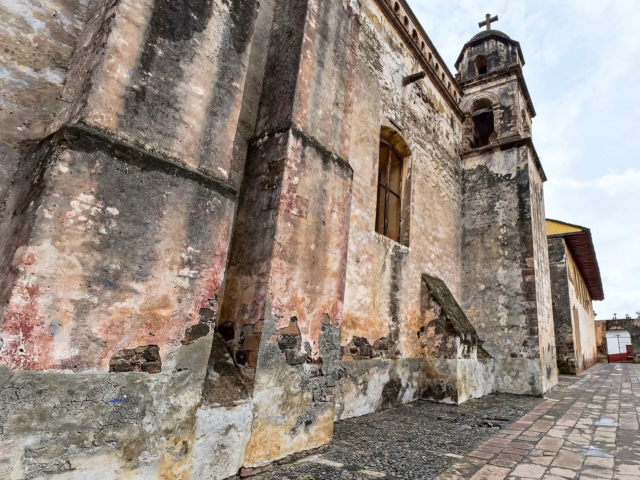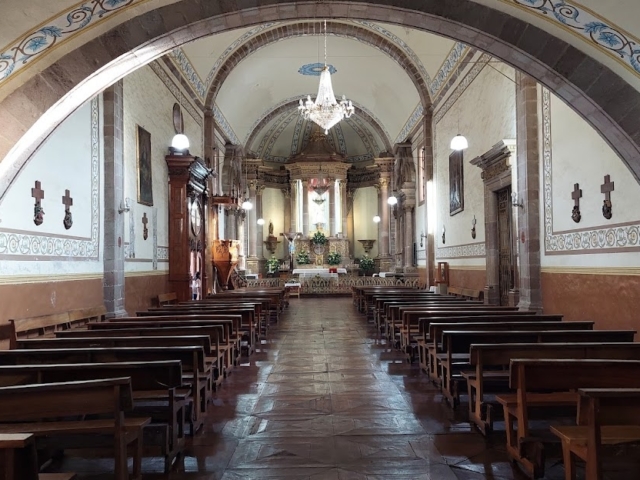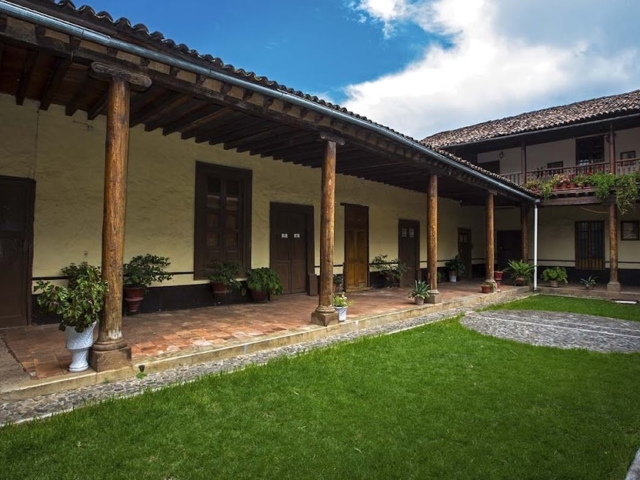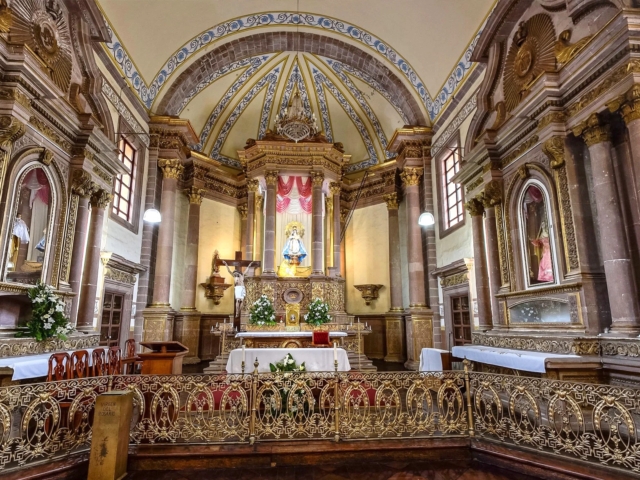
Adress
Portugal s/n, Centro, 61600 Pátzcuaro, Michoacán, México.
GPS
19.512500127324, -101.60797834396
Phone
Web
Monday
06:00 – 19:00
Tuesday
06:00 – 19:00
Wednesday
06:00 – 19:00
Thursday
06:00 – 19:00
Friday
06:00 – 19:00
Saturday
06:00 – 19:30
Sunday
06:00 – 12:00
KNOW MORE PLACES
VISITA OTRAS LOCALIDADES
We mention the various titles that have been given to this building according to the primordial concept that the Purhépechas needed material and spiritual help.
“Tata” Vasco, already a Bishop, founded this hospital between 1536 and 1540, which had the same functions as the one in Santa Fe de México and the one in Santa Fe de la Laguna.
Construction of the Tabernacle began in 1603 and over the years various decorative elements were added that can still be seen today.
On adjacent land, the Catherine nuns built their convent in what is now known as the House of the Eleven Patios (courts).
The Virgin of Health remained in this place for 191 years, until 1908, the year in which she was moved to the Basilica.
The building has 17th-century buttresses, 18th-century architectural elements and some notable reminiscences of the Mudejar or Spanish Arabic style in the door and entrance arch. It also has a strange side entrance attached to the main façade due to the construction of the neighbouring school during the 19th century.
Inside there is a unique example of the Baroque style in this area: an altar that is also mixed Baroque, that is, it has both painting and sculpture. It is dedicated to Our Lady of Sorrows and the oil paintings depict Mary's family. You can see the Virgin Mary with the child, on the right side, Saint Joseph with the child and in the lower part of the altar are Saint Joachim and Saint Anne, the Virgin's parents.
The main feature of this altar is the stipite column, an architectural innovation made by the architect Juan Benito Churriguera, which consists of columns that are narrow at the bottom and widen in the central part, finishing with one of the traditional or classical Greek architectural styles.
Al lado este de dicho inmueble, frente a la Colegiata, se aprecia una preciosa arquería que limita la calle de Lerín. Al lado norte de la mencionada arquería, se encuentra empotrada una fuente que data desde la construcción del mismo edificio.




